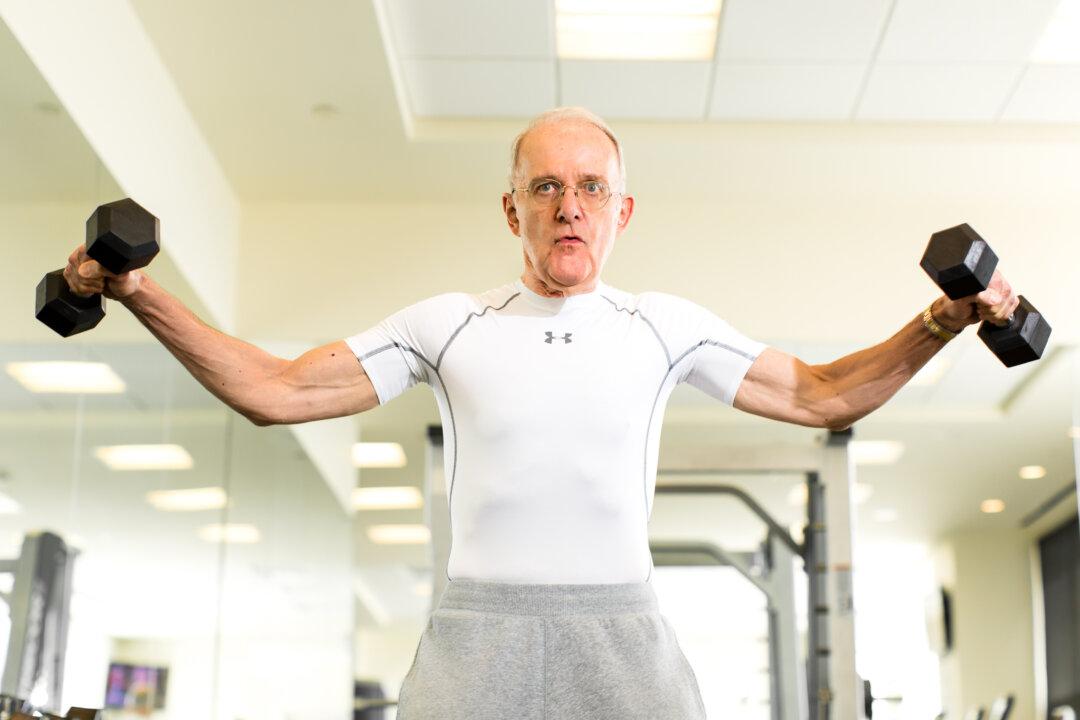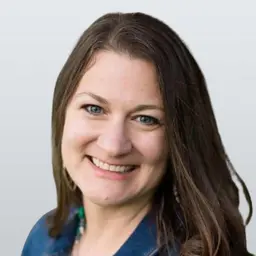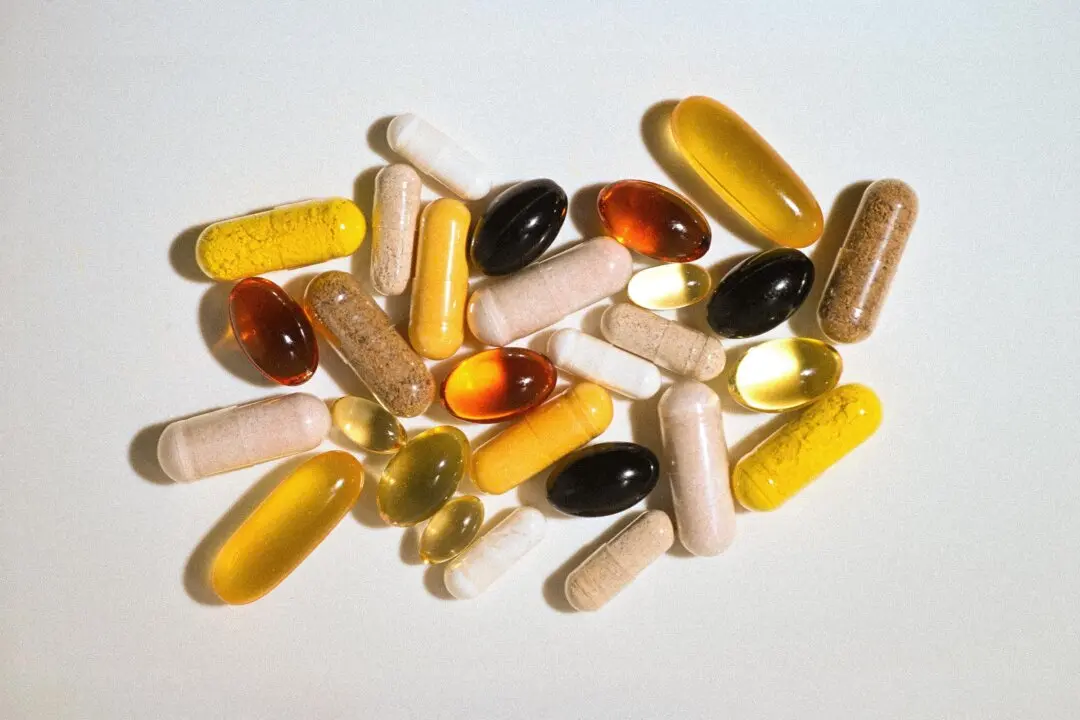James P. Owen is more than a go-getter; he’s humble, honest, and has a message about integrity. For more than two decades, his books and speaking engagements—born out of his Center for Cowboy Ethics and Leadership, a foundation that encourages American businesses to return to the cowboy code’s emphasis on courage, optimism, and work ethic—have focused on timeless principles: Know what you stand for and reach for the hero within.
Mr. Owen, who had a late-in-life health transformation that taught him he can do anything he puts his mind to, finds integrity even in wellness, with his 2017 book “Just Move! A New Approach to Fitness After 50.”






